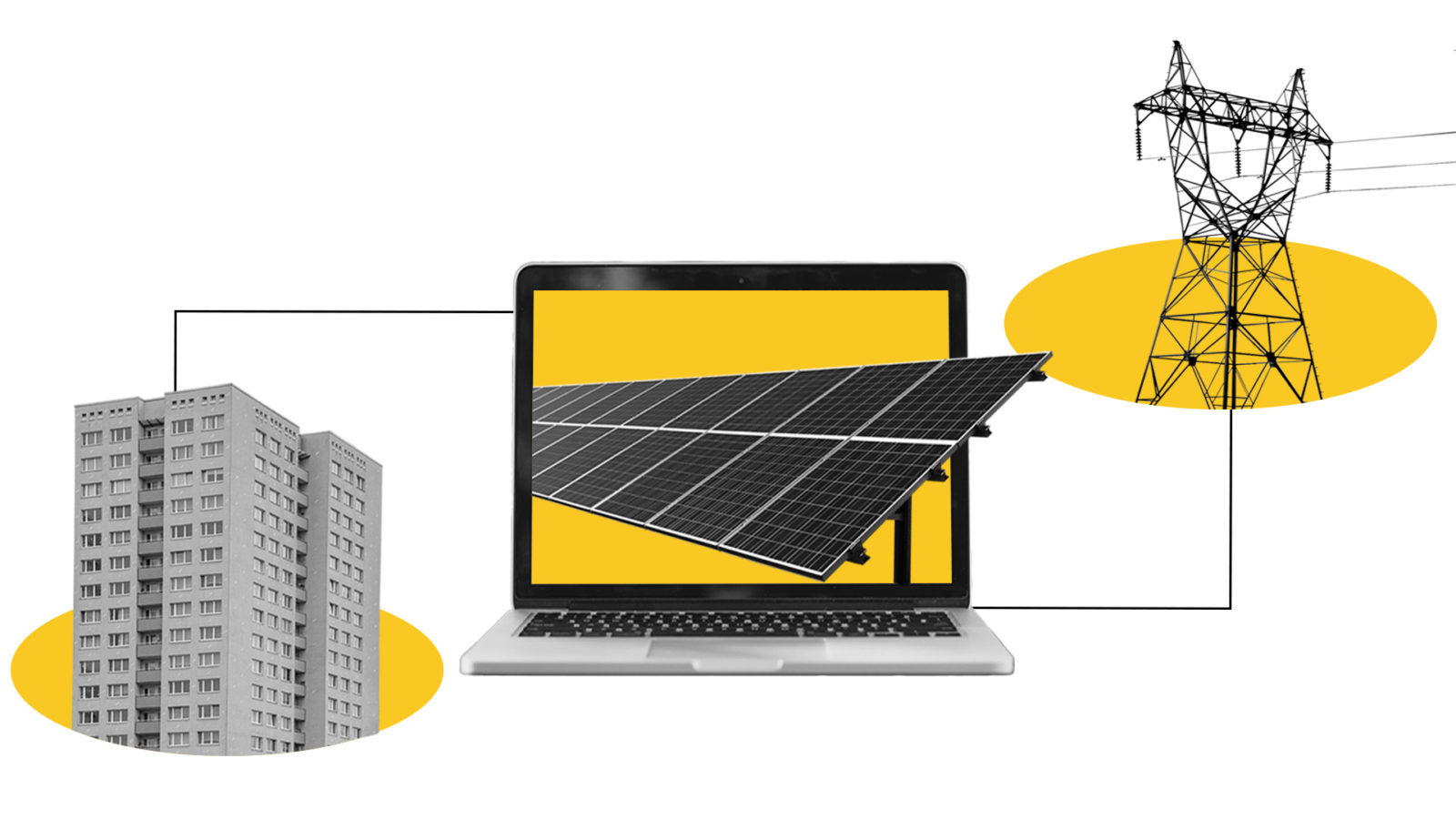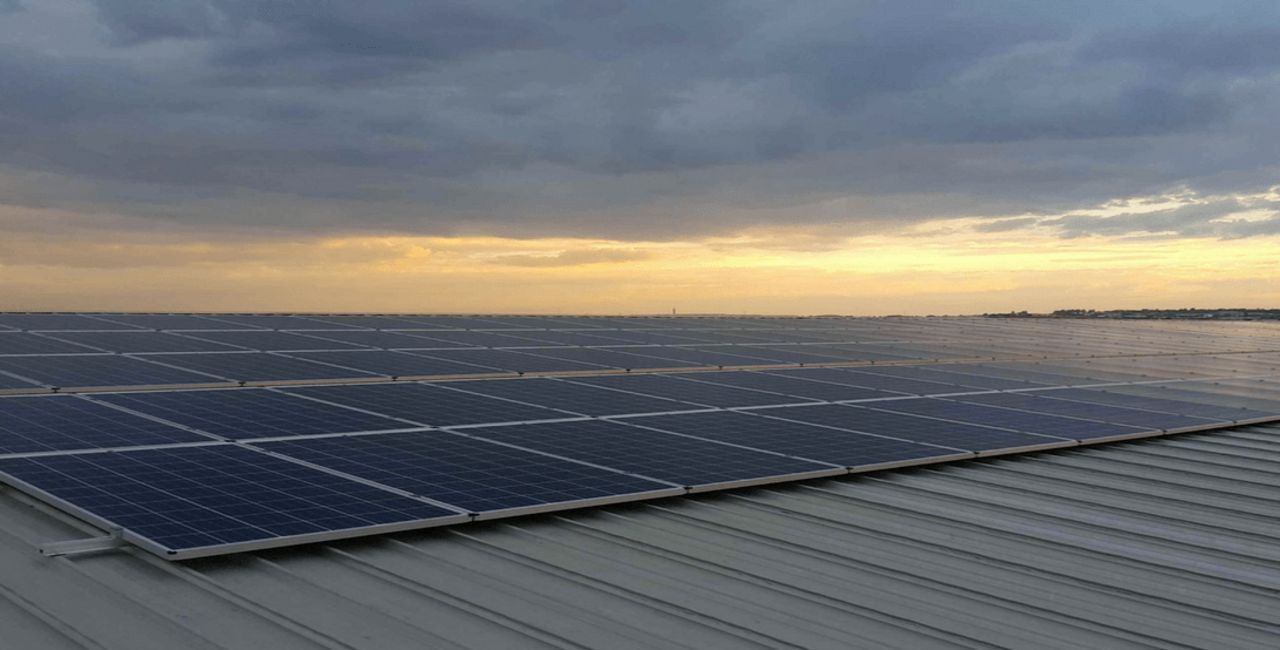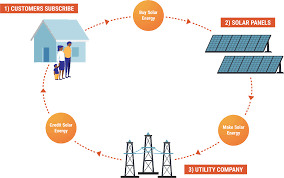Community solar projects, also referred to as community solar gardens or shared solar programs, have emerged as a crucial strategy in the transition towards renewable energy. These initiatives offer a unique and inclusive approach to harnessing solar power, allowing a wide range of stakeholders, from individual residents to small businesses, to reap the benefits of renewable energy without the need for their own solar installations. By pooling the financial and energy advantages of solar energy and distributing them among participants, community solar projects address important issues such as energy equity, environmental conservation, and economic stability. They play a significant role in enhancing the accessibility of clean energy, reducing carbon emissions, and fostering local economic growth, thereby promoting a more inclusive and sustainable energy landscape.
Economic BenefitsCommunity solar projects, also referred to as community solar gardens or shared solar programs, are crucial in broadening access to renewable energy and advancing sustainable development. Below is an in-depth exploration of their roles and advantages:
1. Expanding Access to Renewable Energy
Inclusivity: Community solar enables individuals, businesses, and organizations to engage in solar energy without the necessity of installing panels on their own property. This is particularly advantageous for renters, those with properties that receive insufficient sunlight, or individuals who are unable to cover the upfront costs associated with solar installations.
Equity: Low- and moderate-income households, who may otherwise be marginalized from the clean energy market, are granted access to solar energy through this initiative.

2. Environmental Benefits
Reduced Carbon Footprint: Community solar initiatives contribute to the reduction of greenhouse gas emissions and the mitigation of climate change by replacing fossil fuel-based energy with solar power.
Local Environmental Impact: By reducing the dependence on coal, oil, and gas, they play a crucial role in improving air and water quality.
3. Economic Benefits
Cost Savings: Participants often experience decreases in their energy expenses as a result of the reduced electricity costs associated with solar power. By enrolling in a portion of the community solar initiative, they can obtain credits on their utility bill.
Job Creation: Community solar projects often create local jobs in construction, maintenance, and management.
Local Economic Growth: They can stimulate local economies by keeping energy dollars within the community rather than sending them to distant energy providers.

4. Energy Independence and Security
Diversification of Energy Sources: Communities can reduce their reliance on conventional energy sources and enhance their ability to withstand price fluctuations and disruptions in the supply chain by incorporating solar power into their energy portfolio.
Energy Resilience: Community solar projects can enhance energy resilience by decentralizing power production and reducing the impact of grid outages
5. Policy and Regulatory Impact
Influencing Energy Policy
Policy Support: Successful community solar projects can demonstrate the viability of renewable energy solutions, influencing policy decisions and encouraging further investment in renewable energy infrastructure.
Advocacy for Equity: They highlight the need for equitable access to renewable energy, potentially leading to policies that support underserved communities and ensure fair distribution of energy resources.

In summary, community solar projects are instrumental in the shift towards a sustainable energy future by democratizing access to renewable energy, promoting environmental stewardship, and fostering economic and social resilience.
These projects empower individuals and communities who may otherwise face financial or logistical barriers to participate in the solar revolution. By offering a shared resource, community solar projects provide affordable and fair access to clean energy, contributing to the reduction of greenhouse gas emissions and the mitigation of climate change.
From an economic standpoint, community solar projects stimulate local economies by creating jobs, reducing energy costs, and enabling community investment in renewable infrastructure. They also enhance energy security and resilience by diversifying energy sources and reducing reliance on centralized power grids. Additionally, the local generation of power strengthens community solidarity as residents collectively invest in and benefit from sustainable practices. Furthermore, community solar initiatives play a crucial role in shaping energy policy and market trends. They demonstrate the feasibility and advantages of distributed renewable energy systems, serving as educational platforms that raise awareness about the significance of clean energy and environmental sustainability. This fosters a culture of energy-consciousness and encourages proactive community engagement.












